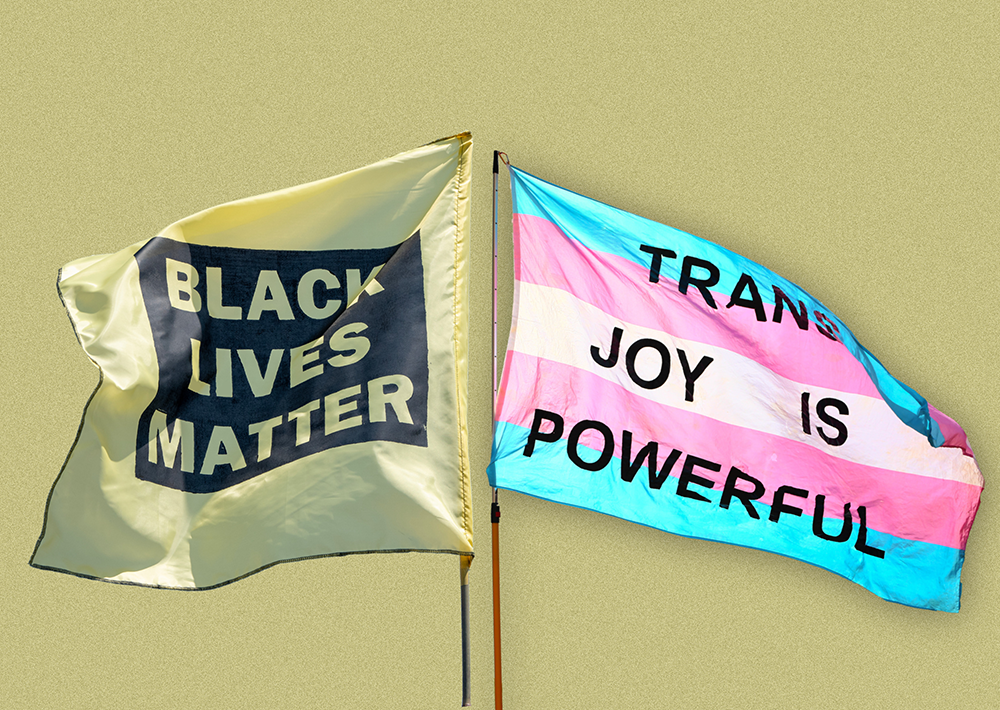
Leyla Sanai has narrated this article for you to listen to.
When Granta magazine’s list of Best of Young British Novelists first appeared in 1983 it was a cue for me to immerse myself in the work of the named writers. There was the dazzling sardonic humour and knowing intelligence of Martin Amis; Ian McEwan’s twisty psychological thrillers; the cool prose of Kazuo Ishiguro, masking latent pain; and the fantastical, rich threads of Salman Rushdie. Rose Tremain’s anthropological insights and Pat Barker’s harrowing war stories were also transfixing.
It took me a while to get to Graham Swift, but when I read Waterland, Mothering Sunday and the Booker-winning Last Orders, I was quietly absorbed. Swift didn’t aim for the pyrotechnics of his literary brothers. If they were strutting peacocks in the aviary of new writers, he was a sparrow. His writing was smaller, less gaudy, yet capable of inducing deep emotion and indelibly etched memories.
So it is with his short stories. His style is the opposite of McEwan’s, who, when I asked him about implausibility in the otherwise wonderful On Chesil Beach, told me he wrote about the one in a million chance of something extraordinary happening to people. Swift writes about the ordinary. This is not to say that the events that befall his protagonists are trite. They are not. But they are the stuff of quotidian life – bereavement, ageing and PTSD in a former soldier. Wars are sometimes momentous – the second world war – but others are private battles, such as the trauma of losing a parent, spouse or grandchild.
Swift focuses his lens so that in each vignette we have a close-up of everything in that microcosm, including inside the protagonist’s head. Post-war, an officer who fought for the Nazis meets a young Jewish soldier seeking help in tracking down relatives who may have survived the Holocaust. A frail elderly woman longs to lose her mind so as to reduce her awareness of her infirmity.
There are no twists, and a protagonist sometimes analyses semantics in a way that only language aficionados do. I prefer Swift’s novels, where we have a longer journey with the intricately drawn characters. But these stories are very powerful and poignant snapshots.








Comments